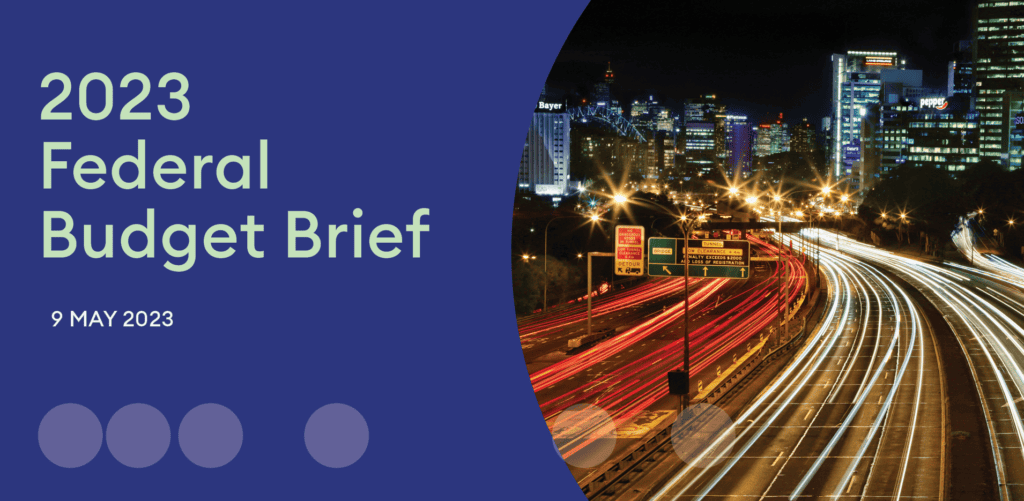
(Please note this information is being updated progressively. Refresh to the page to ensure you are viewing the most recent version)
Investment in transport infrastructure projects
The Albanese Government’s second Budget was delivered in the wake of the recent announcement of an independent review of the Federal Government’s 10-year $120bn infrastructure investment pipeline.
Because the 90-day review is ongoing, this year’s Budget did not contain details of significant new investments in transport infrastructure projects – although there was no reduction in current spending on projects.
However, the Government has announced an additional investment of $200m in the Major Projects Business Case Fund (MPBCF), to support the development of business cases for strategically significant projects. This is being done to promote earlier engagement in project planning and ensure broader Commonwealth policy objectives are considered as projects are developed.
Road safety initiatives
RA welcomes the Budget’s investment in measures to support delivery of the National Road Safety Strategy 2021-2030, which are consistent with recommendations RA has previously made around the collection and use of data to prevent road crashes, investing in regional road infrastructure to prevent deaths and injuries and enhancing community education and awareness around road safety issues.
Budget investments announced to support these areas include:
- Continued support for the $110 million-per-year Black Spot Program, which brings all levels of government together to identify and deliver priority projects to eliminate accident black spots;
- $43.6 million to support the new National Road Safety Action Grants Program, which provides non-infrastructure grants to support the objectives of the National Road Safety Action Plan 2023-25;
- $976.7 million invested across 2023–24 and 2024–25 in the Road Safety Program, which expedites the rollout of life-saving road safety treatments on rural and regional roads and greater protection for vulnerable road users like cyclists and pedestrians in urban areas.
Energy transition
The Budget contains a number of investments to develop the clean energy market in Australia and accelerate the decarbonisation of transport, including:
- $2bn for a Hydrogen Headstart program intended to scale up development of the renewable hydrogen sector in Australia – including the use of hydrogen as a fuel for heavy vehicles;
- Creating a $1.3 billion Household Energy Upgrades Fund and $310 million Small Business Energy Incentive to support households and small businesses to make energy saving upgrades;
- $5.6 million to support further work on the best ways to leverage Australia’s competitive strengths in renewable energy, critical minerals and its skilled workforce to accelerate clean industrial and manufacturing capabilities;
- Funding to support the delivery of measures contained in the recently-announced National Electric Vehicle Strategy, including the development of a Fuel Efficiency Standard for Australia.
Workforce capacity
The Budget includes funding commitments that will help address skills issues, improve workforce diversity and position the infrastructure sector as an employer of choice, including:
- A further $3.7 billion to implement the National Skills Agreement, once finalised. This will prioritise new skills initiatives and partnerships in the net zero, priority sectors, essential care, women’s economic participation and closing the gap domains.
- $4.4 million over four years to establish a National Construction Industry Forum. This body will include representatives from key employer groups, unions and government to provide advice on major challenges facing the building and construction industry.
- $8.6 million over four years to implement the Australian Skills Guarantee, which will introduce targets for apprentices, trainees and cadets on government-funded major projects.